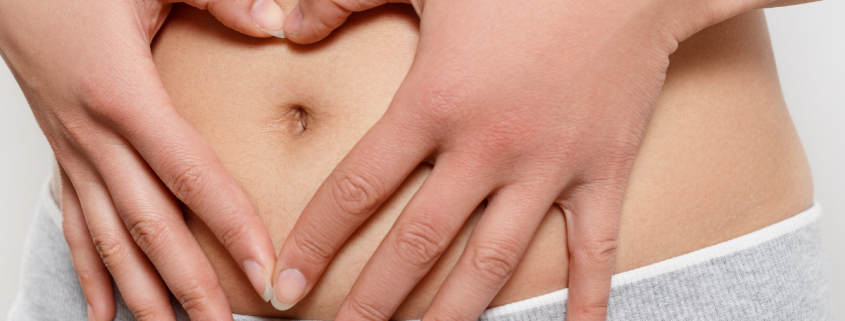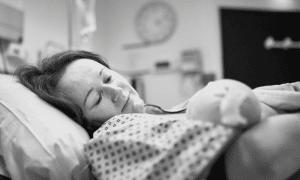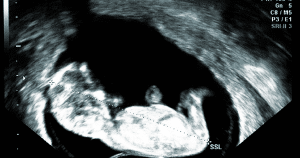What is happening to me and my baby at 6
You may have just found out you are expecting, if so – congratulations!!!! Perhaps you have been pregnant before and sailed through the first trimester, or maybe it’s your first pregnancy and you have no idea what to expect. You may be asking yourself the questions “what is happening to me and my baby at 6 weeks pregnant?” “Are cramps normal?” “should I feel this sick?”
Fear not, the first trimester can be a little challenging for some expectant mothers whilst others report having no symptoms whatsoever.
So here we are at 6 weeks pregnant, read on to find out what is happening to both you and your baby when you are 6 weeks pregnant.
[content-egg-block template=custom/mb2b]
Symptoms
Nausea otherwise known as “morning sickness” usually starts at around 6 weeks, but it can begin as early as 4 weeks.
At this stage of the pregnancy, you may not feel pregnant because there are few visible body changes.
You may, however, begin to experience pregnancy symptoms such as:
- nausea and vomiting that can occur at any time of the day
- heightened sense of smell
- Sudden dislike to food
- abdominal bloating and gas
- breast tenderness and swelling
- Frequent urination
- Emotional/Mood swings
- Brown Spotting in some cases
- Fatigue
Baby development
At 6 weeks pregnant, your babies heart can often be discovered during an early scan. At a 5 week ultrasound scan, the baby’s heartbeat cannot be heard.. Your babies heart rate will be beating around twice the rate of yours.
At 6 weeks, there are many changes in embryo development. Overall, the embryo is less than half an inch in length often described as the size of a pea.
The following changes are happening to your little one already;
- The arm and leg buds are developing
- the neural tube is developing, the neural tube is the tissue that forms the brain, spinal cord, nerves, and spine
- facial features are beginning to develop including the eyes, nose, jaw, cheeks, and chin
- the inner ears are developing
- the kidneys, liver, lungs, the pituitary gland
- the trachea, larynx, and bronchi
- the heart, dividing into four chambers and pumping blood
- primitive germ cells responsible for the formation of male or female genitalia
A very basic heart can sometimes be seen beating in ultrasound exams at this stage. It will currently be beating at around 150-160 beats per minute, about twice as fast as your heart.
Things to do
Take Folic acid
Medical research has shown that taking enough folic acid before and during pregnancy can reduce the risk of neural tube defects in your baby. Neural tube defects are responsible for conditions such as spina bifida.
[content-egg-block template=custom/mb2b]
Make your first appointment with the doctor/nurse
If you haven’t made contact with your doctor already, make sure you contact them this week to book in.
Lifestyle changes
You may need to make some lifestyle changes
These include:
- avoiding alcohol, drugs, and tobacco
- keeping caffeine intake to a maximum of 200 mg a day
- discussing all medications with your doctor to ensure that they are safe before taking them
- eat a healthy diet
- taking prenatal vitamins
- making sure all meat and eggs are well-cooked
- avoiding untreated water and unpasteurized dairy produce
- washing all fresh fruits and vegetables before eating to minimize the risk of infection with bacteria or exposure to pesticides


















Leave a Reply
Want to join the discussion?Feel free to contribute!